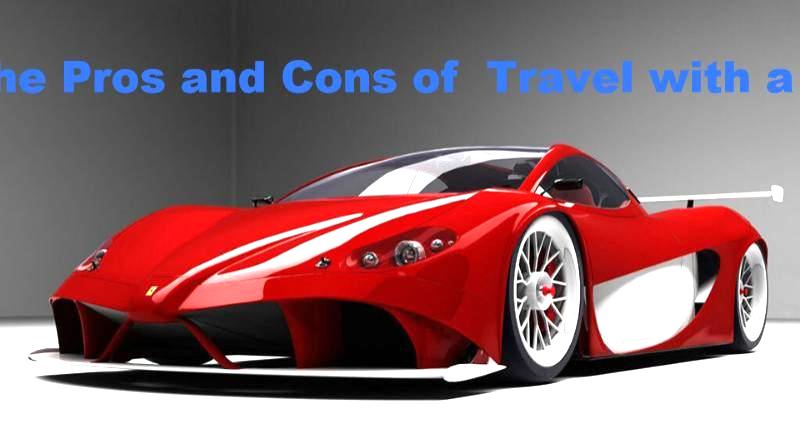
For the purpose of this article we are going to consider RV'ing to refer to any type of mobile home (Class A, B, C) in addition to large trailers such as a 5th wheel and other large units exclusive of pop-ups. We will also consider the term "camping" to include anything from a tent (or lack thereof) to a small, one-axle pop-up trailer.
It's quite obvious there is an enormous expense involved in just buying any kind of RV trailer. Even trailers that are less expensive than motor homes require a tow vehicle that is rather large and powerful. The question that comes to mind is how the fuel costs compare to driving a regular car, minivan or SUV.
Another thing that may be worth considering for those who have not previously owned a trailer RV or 5th wheeler is how to cost of hotels/motels compare to the initial outlay and operating expenses of an RV. You will also want to consider other costs such as fuel, maintenance/repairs, registration and inspection fees and other similar expenses. I like the 5th wheeler.
Think about it another way: while you are saving the cost of a motel, you will need to pay a fee to use the facilities in a park or campground. Campsites that offer hookups and utilities usually run somewhere in the area of $20/night and up. This makes an untrained person (someone who has no experience with RVs) wonder whether the per-night savings is really substantial enough to justify the investment in an RV trailer.
In all likelihood to consider the costs as a real value compared to camping or staying in hotels, it would be necessary to use the RV quite a bit. Since the average working person only has (at most) three to four weeks of vacation a year and typically only goes away for two to three weeks, it doesn't seem that RV'ing is such a good value when you compare it to other methods of travel.
There are certainly some things that one can obtain from RV'ing that are not available with other forms of travel, not the least of which are having your "home" with you at all times and having the freedom to experience the outdoor countryside conveniently. For some the best thing about traveling in a trailer RV or 5th wheel is being able to look out the window of the RV and see some magnificent sight. Camping is so much fun in an rv.
Let's now take the time and summarize the pros of RV travel as opposed to other modes of transportation and hotel/motel living:
- No need for hotels/motels, your home will always be with you
- You will save money on hotels/motels
- You have the ability to stay wherever you want and have access to beautiful settings and views
- Provides as much comfort as cabins or homes
- You can set up your RV trailer or 5th wheel so no one can see inside. They are also more difficult to break into than a car, pop-up trailer or tent.
- Provides mobility and increases the amount of the countryside you can view
- Can be more expensive than taking several weeks of vacation annually even when it means flying and staying in nice hotels
- Limited travel destinations
- More prone to attacks by bears and thieves than hotel rooms
- Maintenance and setup can be time-consuming and labor intensive
- Lack the ability to move around freely, especially within city limits
- The large size can be inconvenient for getting around and even for sightseeing if you happen to see something along the way you'd like to view